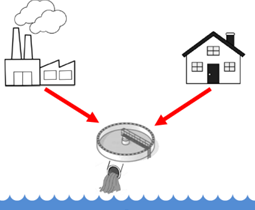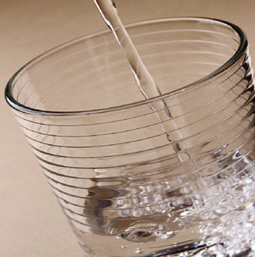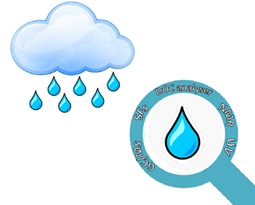
Voutsa Dimitra
Professor
Environmental Pollution Control LaboratoryAristotle University of Thessaloniki
Faculty of Sciences,
School of Chemistry
54124, Thessaloniki
Dr. Dimitra Voutsa is a full professor of Environmental Chemistry in the School of Chemistry, Aristotle University of Thessaloniki, Greece. She is currently Head of Environmental Pollution Control Laboratory. She has a BSc in Chemistry and a PhD from School of Chemistry, Aristotle University of Thessaloniki. She was a postdoctoral researcher in Swiss Federal Institute for Environmental Science and Technology, Zurich. Her teaching and research activities focus on various topics of environmental chemistry, pollution and technology.
Dr. D. Voutsa has authored and co-authored more than 90 research articles and reviews in international peer-reviewed scientific journals and chapters in books βιβλία (>5500 citations). She has supervised many PhD, MSc and undergraduate theses. She participated as coordinator and member of research team in more 40 projects. She is member of the advisory board in the scientific journal “Environmental Science Europe”. She has also participated in scientific committees aiming at the critical evaluation of various environmental issues. Deputy top manager and quality manager of the “Environmental Pollution Control, Atmospheric Particles Measurements Team)” accredited according to ISO/IEC 17025:2017 for sampling and gravimetric determination of PM10 & PM2.5.
Teaching
- Environmental Chemistry
- Environmental Pollution Control
- Pollution Prevention and Environmental Protection
- Chemistry and Ecosystem Management
- Quality Assurance in Environmental Control and Management
- Chemistry and pollution control of aquatic and terrestrial environment
- Chemistry and pollution control of the atmospheric environment
- Methods for Environmental Analysis
- Pollution control and management of water and waste
- Thermal methods for characterization of materials
Research
Occurrence and fate of organic and inorganic pollutants in aquatic environment, atmosphere and technical systems
 |
|
Drinking water quality and water treatment. Disinfection-Regulated and emerging disinfection by-products
 |
|
Treatment processes (oxidation, absorption) for removal of pollutants
- Oxidation & absorption processes for removal of micropollutants
- Oxidation & absorption processes for removal of organic matter & formation potential of DBPs
Chemical characterization of airborne atmospheric particles and atmospheric deposition
 |
|

